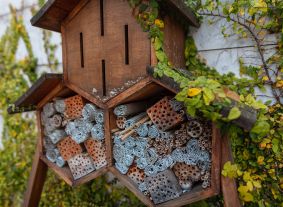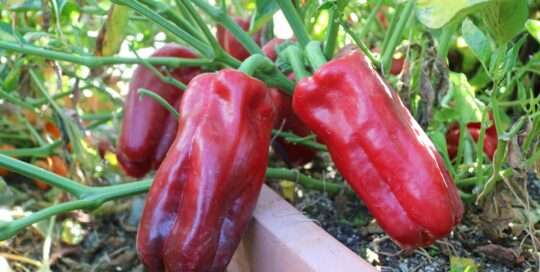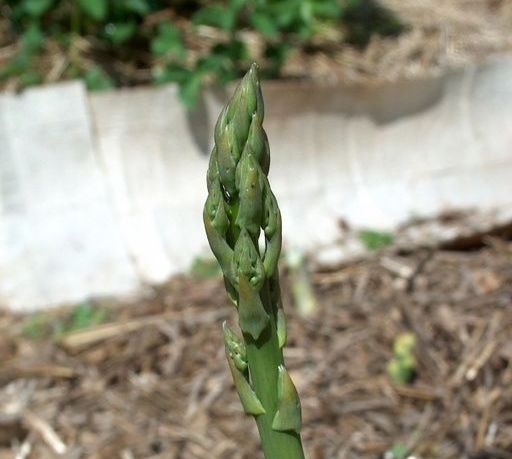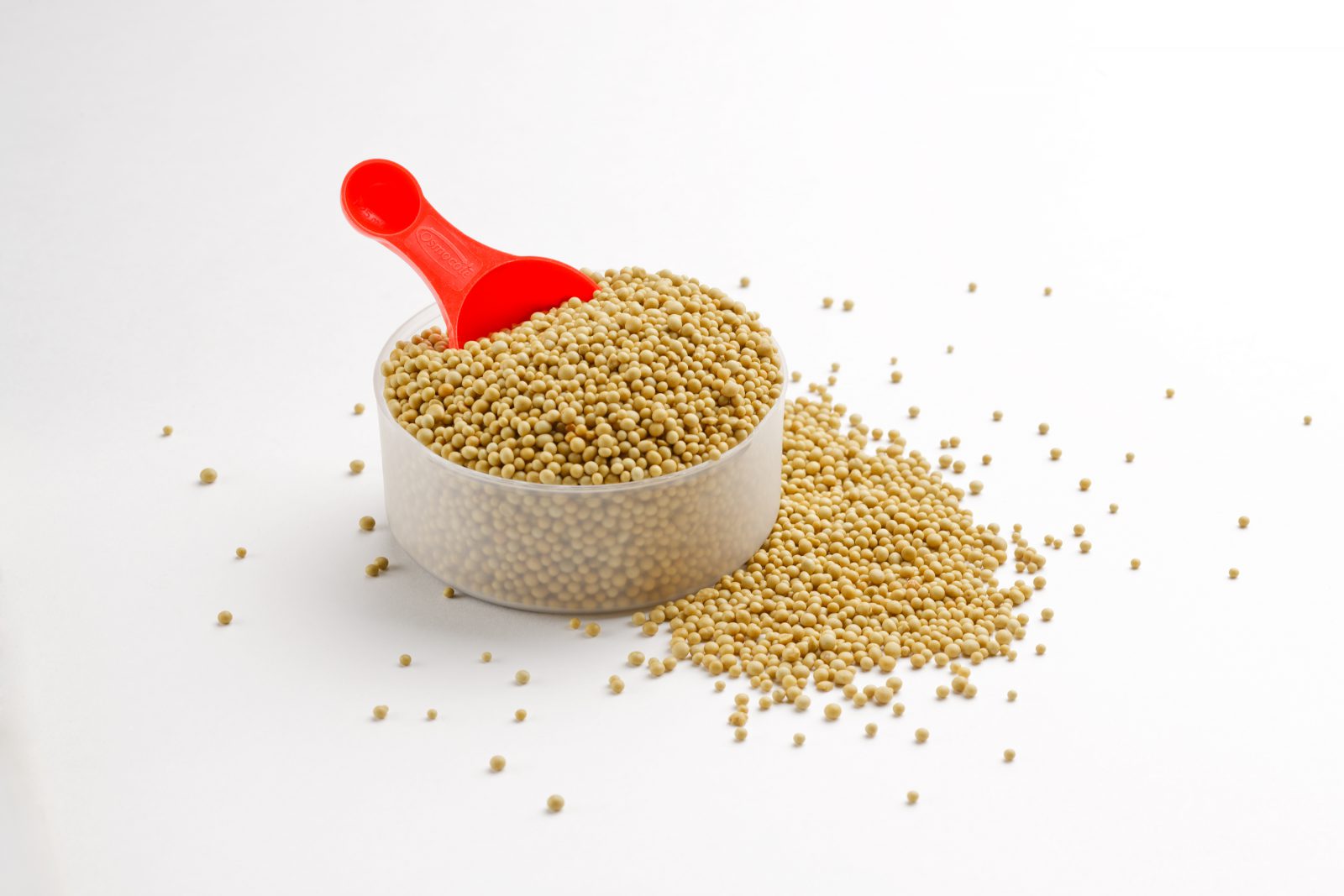Gardening Trends for 2024
Views: 206

You typically see a lot of trend lists coming out this time of year, even in the topic of gardening. I, for one, usually decline to spread these trends because I have always been a firm believer in the phrase “you do you.” However, the Pennsylvania Horticultural Society (PHS) recently shared its top gardening trends that it expects to see growing in interest and adoption in 2024. And you know what? I’m in with their 10 trends, and I feel that four of them are totally applicable to vegetable gardeners.
Without further ado, here are four of PHS’s gardening trends that I hope you’ll consider adopting in 2024.
Consider the Environment as You Garden
Long gone are the days of indiscriminately soaking and spraying your gardens and landscapes. Considering how your actions impact the surrounding environment is as important as considering what you are growing.
What does it look like to consider the environment as you garden? Well, it looks like leaving your leaves—or at least mulching or composting them on your property—rather than letting all those good nutrients leave the premises. It also looks like creating habitats for insects with sticks, branches, or even purchased shelters such as mason bee homes, or using peat-free soils, or converting a portion of lawn into crop-producing space or mini-meadows for pollinators. I call it the “and” movement—you’re considering your garden and your environment at the same time.
Grow Fruit at Home is a Big Trend
This may be the “Just Veggies” blog but I do give some attention to fruits from time to time. PHS has seen an increasing interest in fruit growing, and that’s both from folks with plenty of yard space and those who have room only in containers or very small plots.
PHS says that for those with space, fruit trees such as the native persimmon (Diospyros virginiana) and the native pawpaw (Asimina triloba) have been gaining in popularity as alternatives to the typical apples and pears and peaches. For those with not as much space, a load of small-sized blueberry and blackberry bushes from Bushel and Berry and the Fignomenal dwarf fig can join strawberries as your easy-to-grow-at-home fruits.
Plant Pollinator-Friendly Gardens
You don’t need to have a huge perennial garden in order to benefit pollinators like bees, wasps, moths and butterflies! A vegetable garden can and does benefit not only the pollinators but also your crops. In fact, I wrote a previous edition of Just Veggies all about the topic, and you can find that HERE.
Register Your Garden with an Ecological Certification
Your home garden can be a beacon of light to the topic of environmental issues. Changes to protect the environment don’t have to be acts of major legislation (although that does help). Efforts to protect the environment on parcels as small as a home landscape can a) have big impacts on the physical and living environments and b) help draw public or even neighborhood attention to the movement.
Several organizations recognize home gardens with ecological certifications, including:
Home Grown National Park
Monarch Watch Waystations Habitat Registration
National Wildlife Federation Wildlife Habitat Certification
As you ease into your new gardening year, take some time to try these gardening trends on for size. Small fruits, bat shelters, a dual veggie-pollinator garden—whatever it is, I hope you and
Meet Ellen Wells
When you’re raised on a farm, you can’t help but know a thing or two about gardening. Ellen Wells is our expert on edible gardening.…
Ellen's Recent Posts

Pepper Red Impact an All-America Selections Winner






